Bloopers: The Laughter Behind the Scenes!
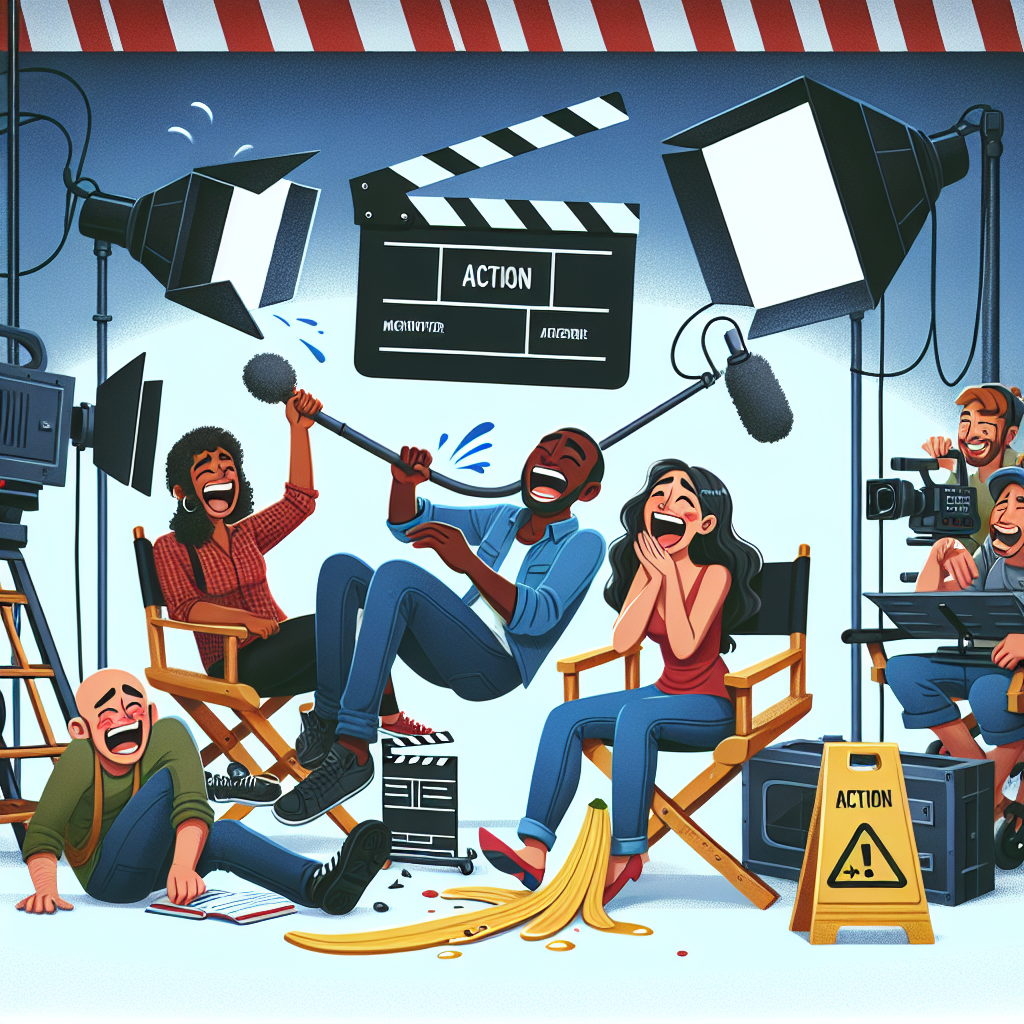
Table of Contents
- Table of Contents
- The Evolution of Bloopers
- The Psychology of Laughter
- The Impact of Bloopers on Viewer Engagement
- Engaging Content Ideas
- Famous Bloopers in Film and Television
- Impact on Franchise Longevity
- How Bloopers are Created
- The Role of the Editor
- Incorporating Bloopers into Marketing Strategies
- Practical Applications
- Conclusion
In the realm of entertainment, bloopers have become a cherished element that brings laughter to audiences around the globe. These comedic outtakes, often found at the end of movies or television shows, capture the lighter side of production, revealing genuine moments that weren’t scripted. This article dives into the world of bloopers, exploring their significance, history, and the role they play in the entertainment industry.
Table of Contents
- The Evolution of Bloopers
- The Psychology of Laughter
- The Impact of Bloopers on Viewer Engagement
- Famous Bloopers in Film and Television
- How Bloopers are Created
- Incorporating Bloopers into Marketing Strategies
- Conclusion
The Evolution of Bloopers
Bloopers, as we know them today, have not always been a staple in film and television. The concept of behind-the-scenes blunders dates back to the early days of cinema. Originally, these moments were just part of the editing process, often trimmed away to keep the production polished. However, as the industry evolved, so did the appreciation for these humorous mistakes.
In the 1970s, bloopers started gaining popularity, particularly with television specials dedicated to them. Shows like The Carol Burnett Show embraced the format, showcasing their cast’s flubs as a means of engaging audiences. This set the stage for the modern blooper reel, transforming it into a beloved feature that provides audiences with an authentic glimpse into the production process.
The Psychology of Laughter
Understanding why bloopers resonate so deeply with audiences requires delving into the psychology of laughter. Laughter is not just a spontaneous reaction; it serves as a social signal, fostering connections among people. According to research from Psychology Today, shared laughs can enhance group cohesion, making bloopers an effective tool for creating camaraderie among viewers.
Moreover, the element of surprise often found in bloopers can trigger laughter, as our brains respond to unexpected stimuli. When an actor flubs their lines or a prop malfunctions, it disrupts our expectations and elicits a humorous reaction. This unpredictability is what makes bloopers not only entertaining but also relatable.
The Impact of Bloopers on Viewer Engagement
Bloopers have proven to be a powerful mechanism for enhancing viewer engagement. They foster a sense of intimacy between the audience and the cast, as fans enjoy seeing actors in a more vulnerable, unpolished state. This familiarity can translate to a stronger emotional connection with the characters and storylines.
Moreover, incorporating bloopers into promotional content or social media campaigns can increase shareability. Research indicates that humor is one of the most effective tools in marketing, enhancing retention and encouraging shares. For small business owners and marketers, leveraging bloopers for promotional purposes can lead to increased brand loyalty and consumer engagement.
Engaging Content Ideas
-
Social Media Snippets: Share humorous outtakes on platforms like Instagram and TikTok.
-
Behind-the-Scenes Series: Launch a video series showcasing bloopers from various projects.
- Interactive Polls: Encourage audiences to vote for their favorite blooper moments.
For more content ideas, check out our article on Creating Engaging Content.
Famous Bloopers in Film and Television
Throughout television and cinematic history, certain bloopers have captured the hearts of fans and become iconic snippets in their own right. For instance, the bloopers from The Office, particularly those involving Steve Carell and Rainn Wilson, have garnered millions of views online, contributing significantly to the show’s lasting popularity.
Another notable example is the Friends finale, where the cast frequently breaks into laughter, making for irresistibly entertaining viewing. Such moments not only highlight the chemistry between cast members but also showcase the fun atmosphere on set.
Impact on Franchise Longevity
Famous bloopers can also contribute to the longevity of a franchise. Blooper reels foster nostalgia and re-engage audiences, encouraging them to revisit beloved series or films. This strategy can be particularly effective in the era of streaming, where viewers often seek out bonus content.
How Bloopers are Created
The production of bloopers is a byproduct of the creative process. Directors and editors often compile these moments during post-production, selecting the most entertaining flubs. Some productions even schedule time to film specific bloopers intentionally, adding an extra layer of fun to the filming process.
The Role of the Editor
Editors play a crucial role in curating blooper reels. They must choose moments that not only evoke laughter but also reflect the overall tone of the project. Timing is critical; effective comedic timing can change a mundane blooper into a memorable moment.
For insight into effective editing techniques, see our article on Video Editing Essentials.
Incorporating Bloopers into Marketing Strategies
In a digital world where content is king, incorporating humor into marketing strategies can significantly enhance engagement. Bloopers are an excellent way to showcase the lighter side of a brand or project. Companies can leverage blooper reels on social media platforms to tap into their audience’s sense of humor, thereby increasing shares and interactions.
Practical Applications
-
Behind-the-Scenes Content: Use blooper videos to create a relatable brand image.
-
User-Generated Content: Encourage fans to share their own bloopers or mistakes related to your product.
- Promotional Campaigns: Launch marketing campaigns featuring a blooper reel to build excitement around new releases.
For more marketing strategies, explore our article on Effective Digital Marketing Techniques.
Conclusion
Bloopers are more than just simple mistakes caught on camera; they are a crucial part of storytelling in film and television. By embracing the laughter behind the scenes, audiences gain a deeper appreciation for the artistry involved in production. Whether through fostering viewer engagement or creating memorable moments, the value of bloopers in the entertainment industry is undeniable.
As you navigate your own marketing strategies, consider how incorporating humor through bloopers could enhance your brand’s connection with audiences. In a world that often feels serious, a little laughter can go a long way in building strong relationships with consumers.
For more insights on marketing and audience engagement, visit our website at Serached.
This article is designed to be informative and engaging while adhering to SEO best practices and Google AdSense guidelines, ensuring a positive reader experience.
Latest Posts
You Might Also Like

Lorem ipsum dolor sit amet, consectetur adipiscing elit. Ut elit tellus, luctus nec ullamcorper mattis, pulvinar dapibus leo.
TOP NEWS
Copyright © 2025 FunnyShowStreaming.site | All rights reserved.
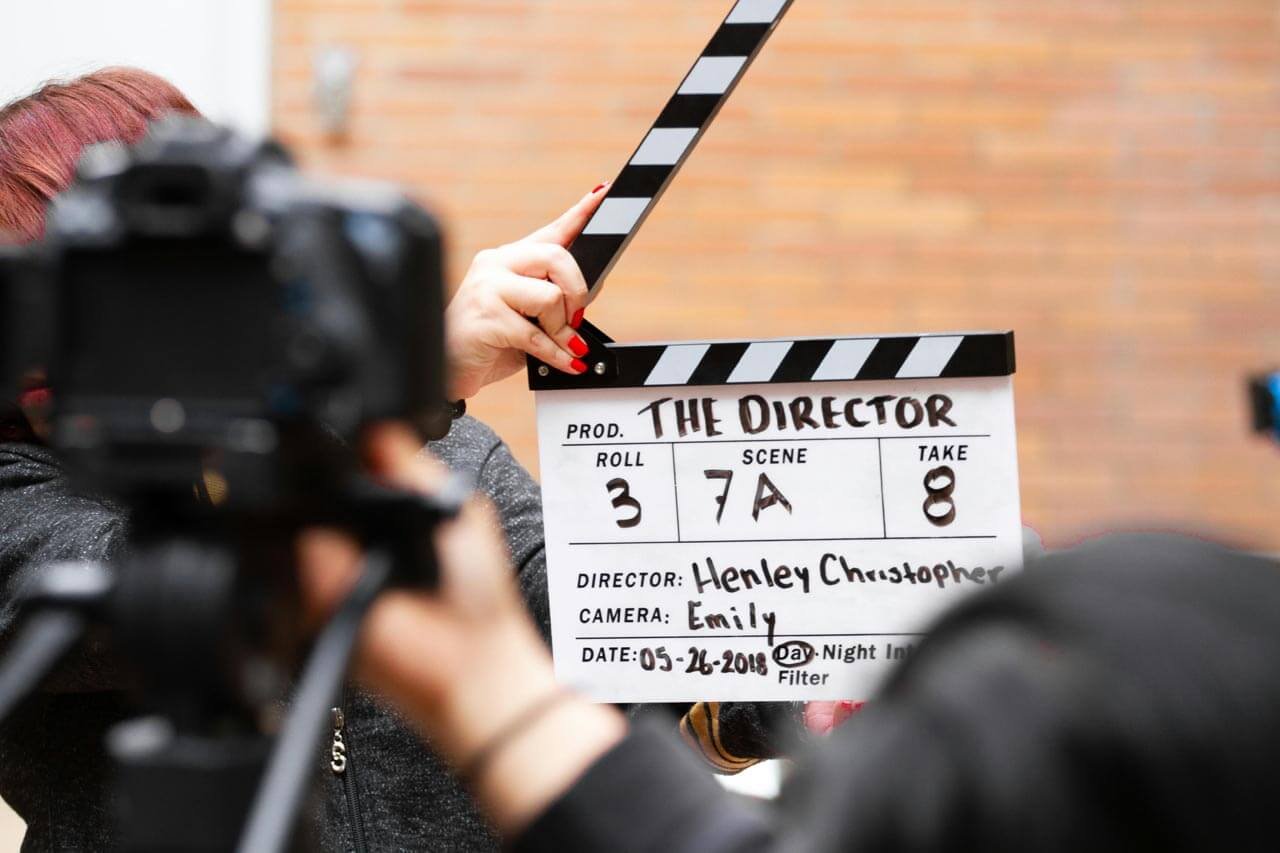


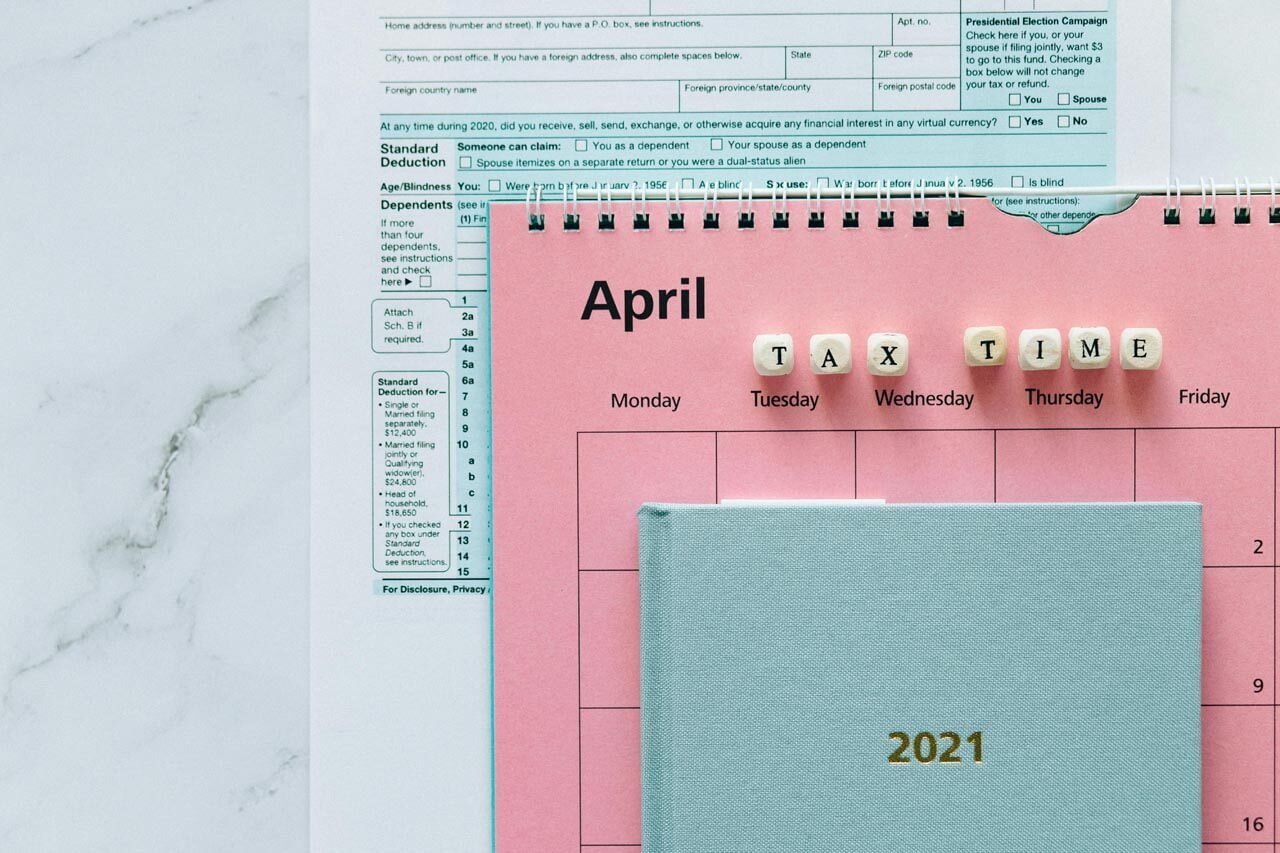

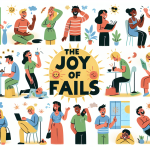
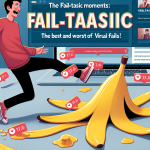






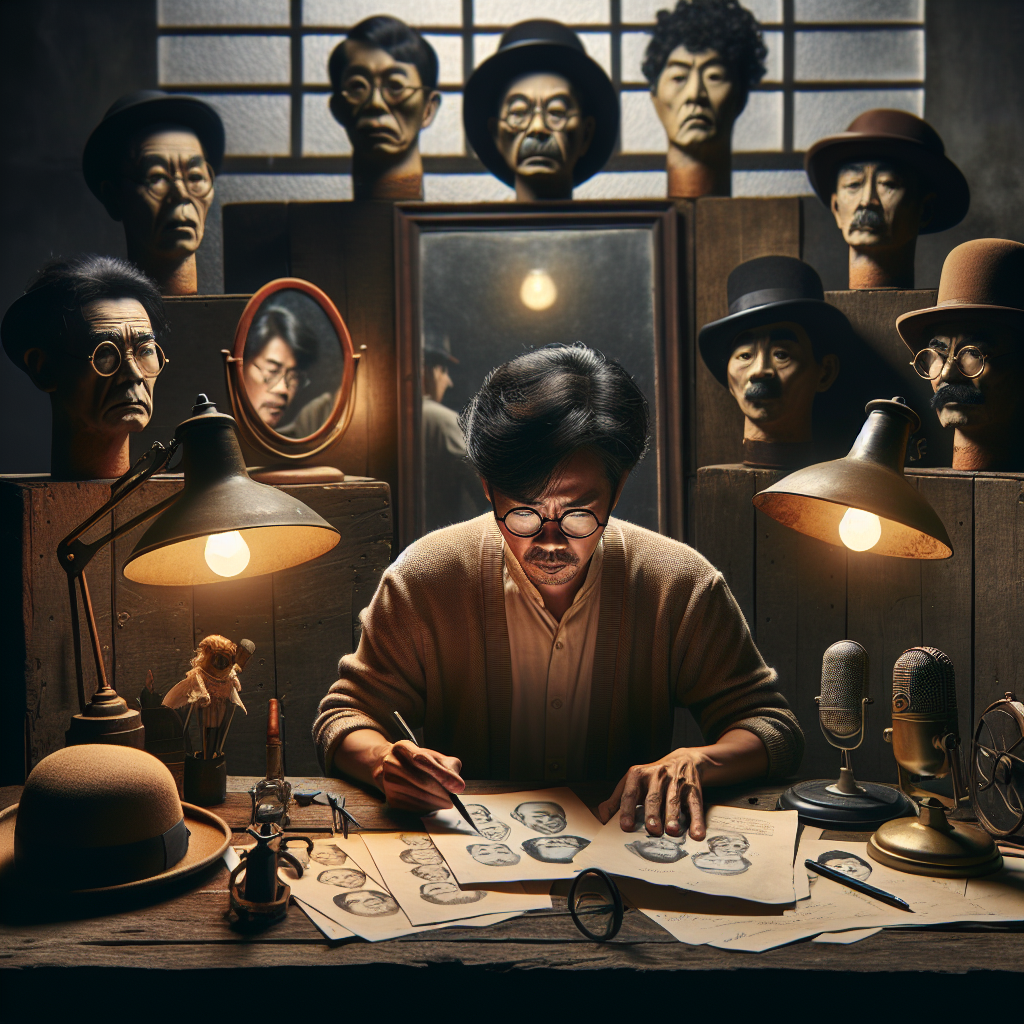
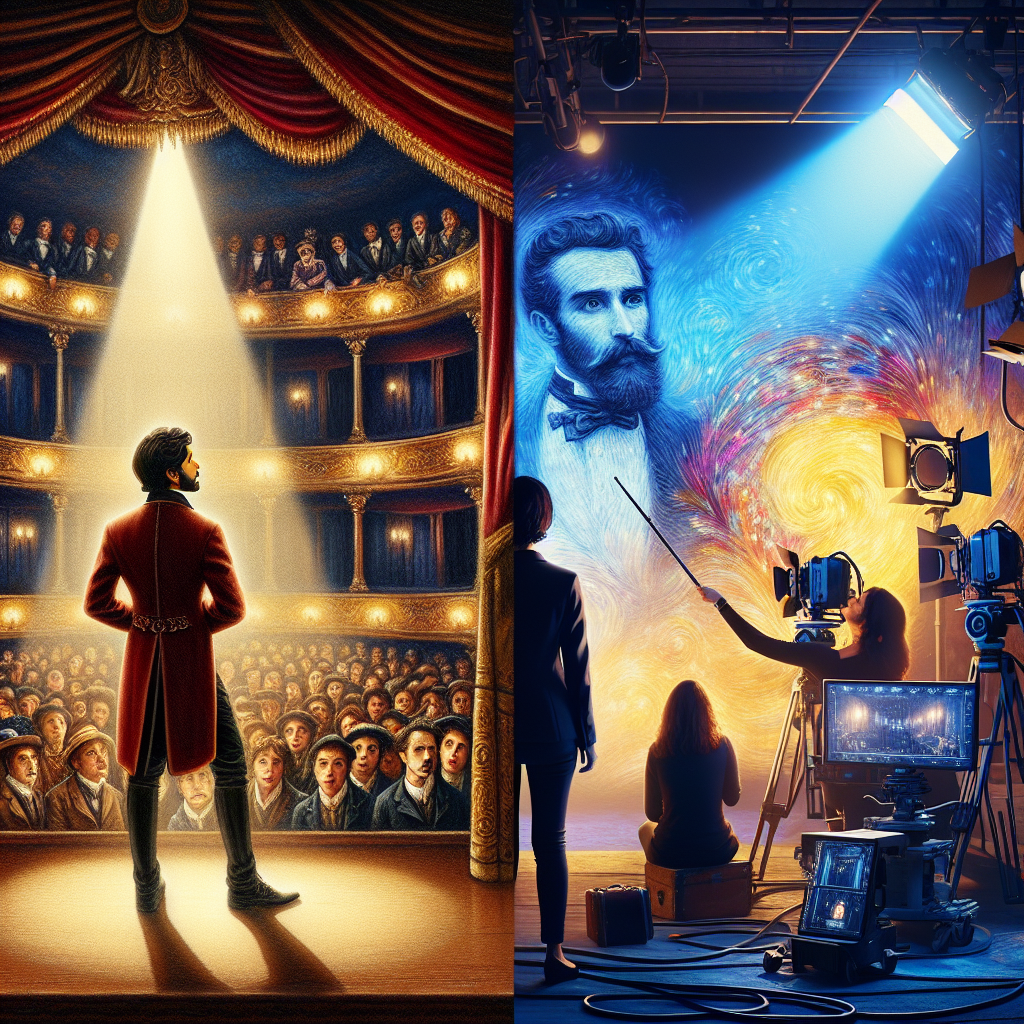
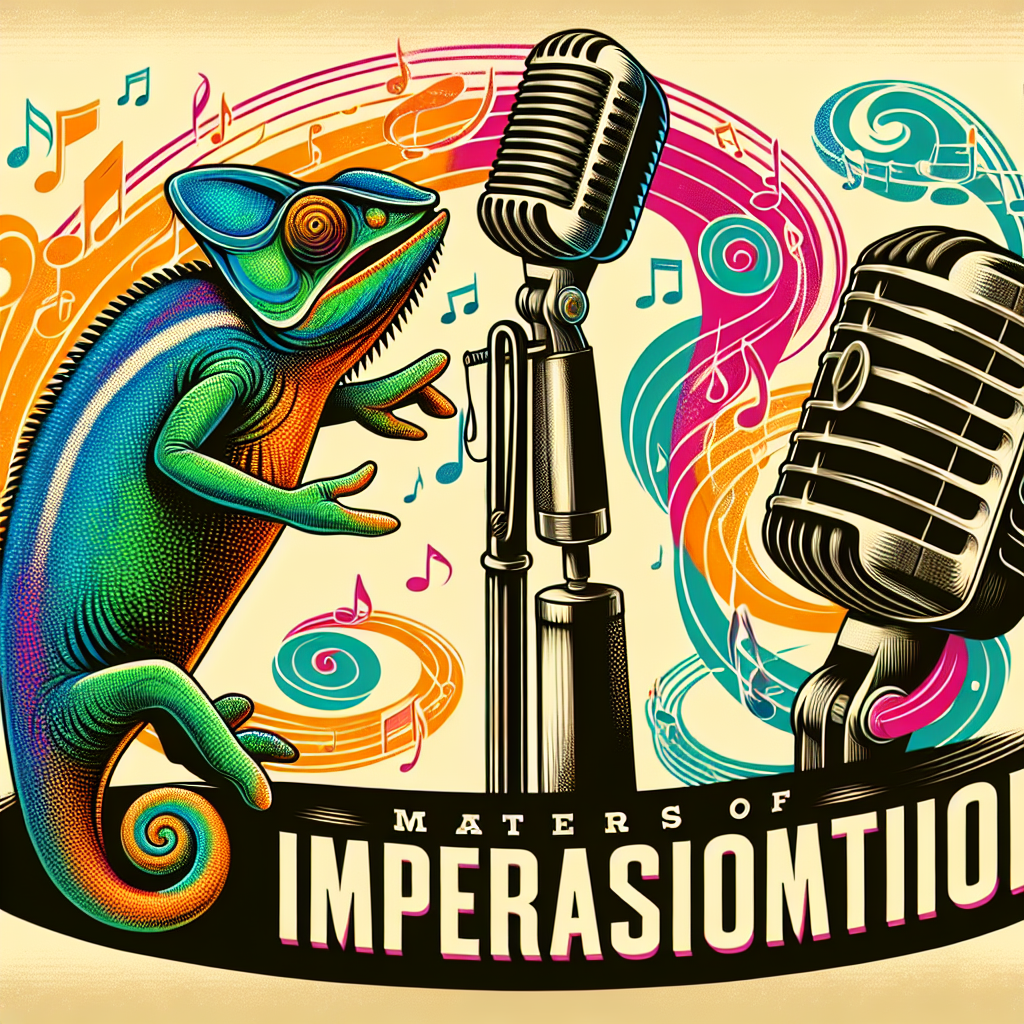



Comments are off for this post.